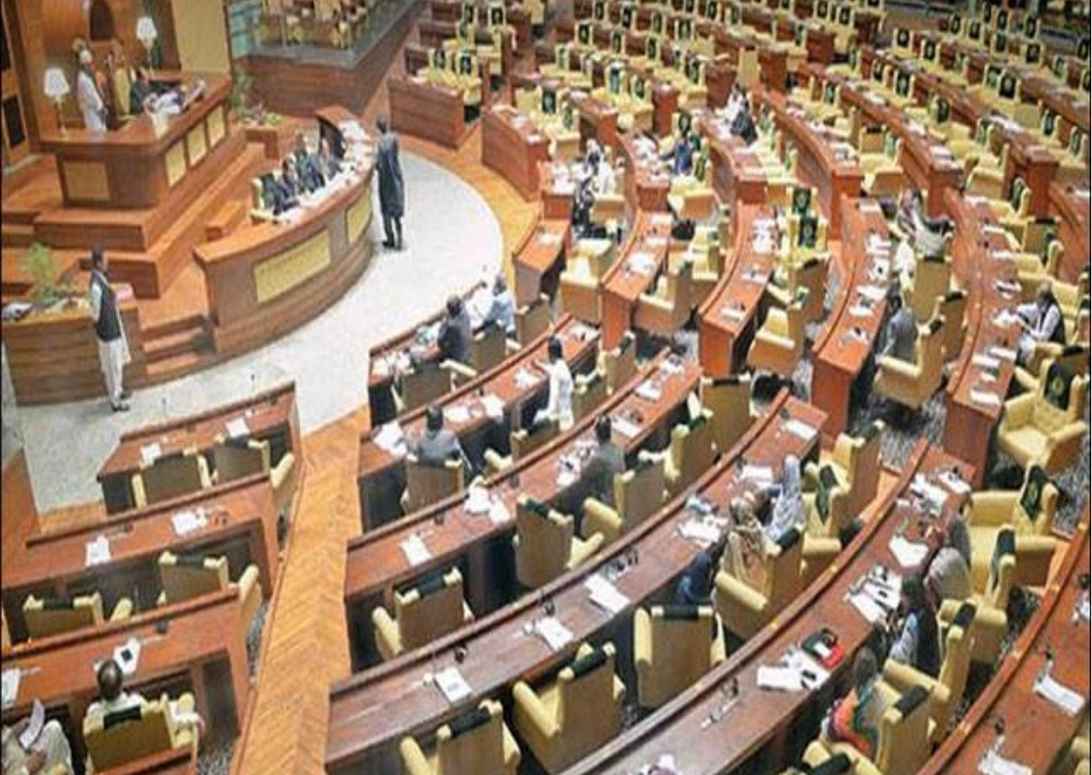KARACHI, Pakistan – In a rare moment of political harmony, members of the Sindh Assembly set aside their differences to unanimously pass the Sindh Assembly Members (Salaries and Allowances) Bill 2025 — a move that has raised both eyebrows and debates across the province.
The bill, tabled by Law and Parliamentary Affairs Minister Zia ul Hasan Lanjar, paves the way for a Parliamentary Committee that will decide the salaries, allowances, and perks of provincial lawmakers in the future. This shift means revisions to MPAs’ benefits will no longer be determined solely by the ruling party, but rather through a bipartisan mechanism involving both treasury and opposition members.
What the Bill Offers
Under the new legislation, all MPAs — regardless of party affiliation — will receive equal perks and privileges. These include housing allowances, utility bills, travel perks, medical coverage, office maintenance funds, and telephone allowances. The Opposition Leader will now enjoy ministerial-level perks, a provision that was once reserved only for those in government.
Chairpersons of parliamentary committees will also receive official vehicles with fuel and maintenance support, though they are required to return them within three days of vacating their position. Supporters of the bill argue that this creates parity and fairness, ensuring opposition lawmakers have the same resources as their government counterparts to serve the public effectively.
Criticism & Controversy
The timing of the bill’s passage, however, has not gone unnoticed. Critics point out that while inflation is at record highs and basic commodities are becoming unaffordable for millions of Pakistanis, lawmakers have prioritised enhancing their own financial comfort. Social media platforms lit up soon after the news broke, with many users accusing politicians of being disconnected from ground realities.
Adding to the day’s legislative activity, the assembly also passed a separate bill allowing senior officers (BPS-19 and 20) to be appointed as chairmen of educational boards. This drew objections from MQM-Pakistan, who warned the move could compromise the independence and functioning of these boards. Despite opposition, the bill was passed by a majority vote.
A Rare Show of Unity
Political analysts note that such cross-party consensus is uncommon in Sindh’s often divided assembly. The unanimous passing of the perks bill underscores how certain issues — especially those concerning lawmakers’ own benefits — can bridge political divides faster than public welfare matters.
Whether this legislation will improve governance or simply further the perception of self-interest among politicians remains to be seen. For now, one thing is clear: Sindh’s lawmakers have found common ground — in their own paychecks.
This story has been reported by PakTribune. All rights reserved.



